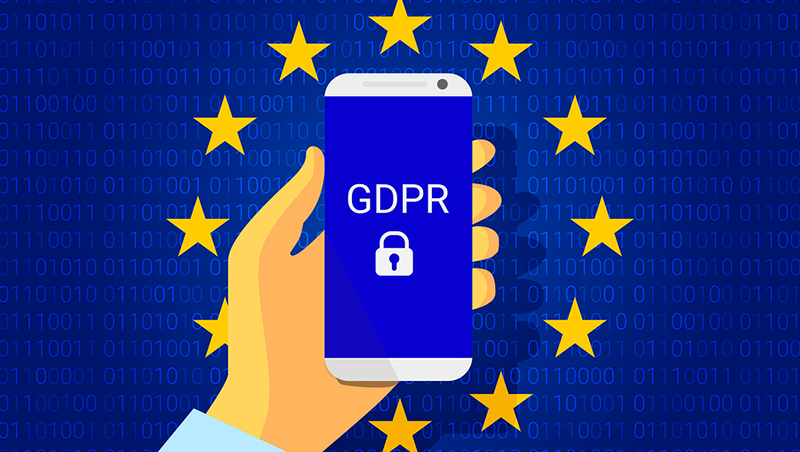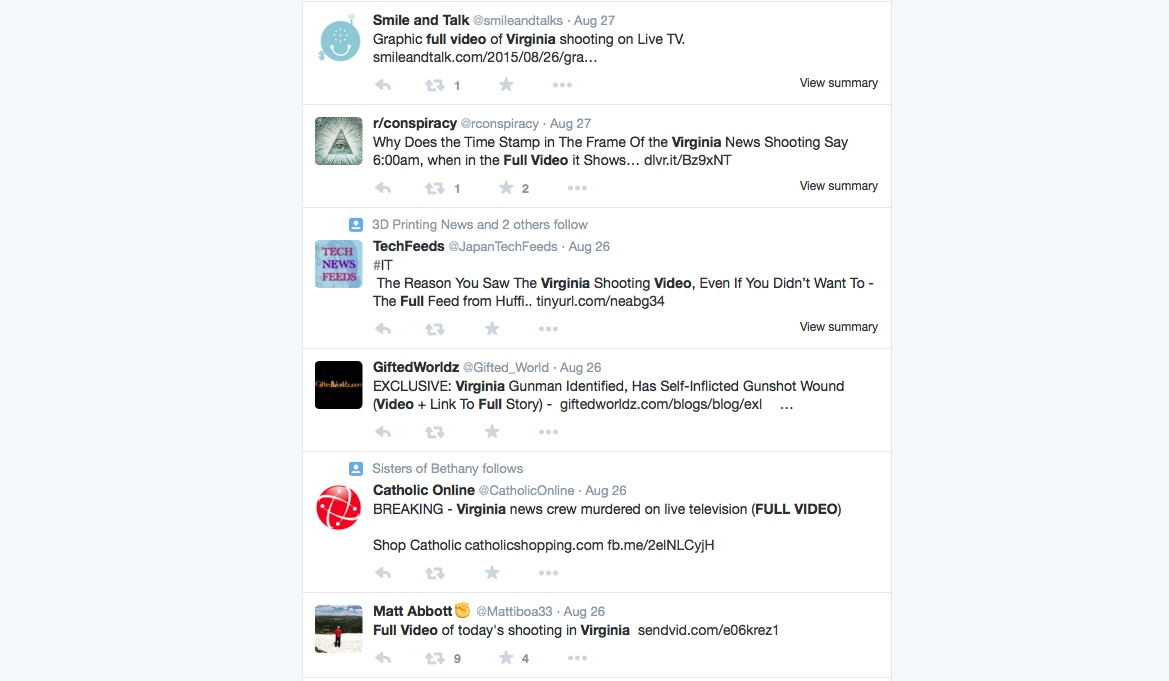Phishing via social networks up 1,200 per cent
Microsoft finds phishing using social networks like Facebook spiked sharply last year.


Phishing using social networking as a lure has risen by 1,200 per cent, according to a Microsoft report.
In January 2010, this tactic was only used in 8.3 per cent of all phishing attacks but by the end of the year the figure stood at 84.5 per cent, according to the Microsoft Security Intelligence Report.
Phishing aimed at online gaming sites reached a high of 16.7 per cent of all phishing in June.
Microsoft said it had seen a "definite polarisation" of criminal behaviour across the threat landscape.
"On one side are a small number of sophisticated criminals whose motives vary from large payoffs to targeted attacks," said Vinny Gullotto, general manager of the Microsoft Malware Protection Centre (MMPC), in a blog post.
"On the other side, there are those who leverage more accessible attack methods, in some cases originally created by the more skilled cyber criminals, along with social engineering to take a small amount of money from a large number of people."
Rogue security software has continued to be a significant problem, being detected and blocked on almost 19 million systems in 2010. The top five families were responsible for around 13 million.
Get the ITPro daily newsletter
Sign up today and you will receive a free copy of our Future Focus 2025 report - the leading guidance on AI, cybersecurity and other IT challenges as per 700+ senior executives
Worldwide detections of adware spiked sharply between the second and fourth quarters of last year, rising 70 per cent.
"This increase was almost completely caused by the detection of a pair of new Adware families, JS/Pornpop and Win32/ClickPotato, which are the two most prevalent malware in many countries," Gullotto said.
He called for greater collaboration across the security industry to help keep users safe.
"Through collective efforts such as the sharing of threat intelligence and guidance, software providers making advancements in security protections and customers keeping their systems up to date - we can help minimise cyber crime and create a safer, more trusted computing experience for everyone," Gullotto added.
Tom Brewster is currently an associate editor at Forbes and an award-winning journalist who covers cyber security, surveillance, and privacy. Starting his career at ITPro as a staff writer and working up to a senior staff writer role, Tom has been covering the tech industry for more than ten years and is considered one of the leading journalists in his specialism.
He is a proud alum of the University of Sheffield where he secured an undergraduate degree in English Literature before undertaking a certification from General Assembly in web development.
-
 Enterprises face delicate balancing act with data center sustainability goals
Enterprises face delicate balancing act with data center sustainability goalsNews High energy consumption, raw material requirements, and physical space constraints are holding back data center sustainability efforts, according to new research from Seagate.
By Emma Woollacott
-
 Cleo attack victim list grows as Hertz confirms customer data stolen
Cleo attack victim list grows as Hertz confirms customer data stolenNews Hertz has confirmed it suffered a data breach as a result of the Cleo zero-day vulnerability in late 2024, with the car rental giant warning that customer data was stolen.
By Ross Kelly
-
 What is your digital footprint?
What is your digital footprint?In-depth Your digital footprint is always growing – so we explore how you can keep it under control
By Maggie Holland
-
 Nine top GDPR tips for email marketing strategies
Nine top GDPR tips for email marketing strategiesIn-depth It's not all doom and gloom – here's how you can make GDPR work for you
By Zach Cooper
-
 Why GDPR creates a "vicious circle" for marketers
Why GDPR creates a "vicious circle" for marketersNews Customers will control the forthcoming trust economy, predicts Aprimo
By Rene Millman
-
 Facebook will allow adverts to target users based on beliefs
Facebook will allow adverts to target users based on beliefsNews The company will also give users opt-ins to use facial recognition to prevent impersonation
By Rabbil Sikdar
-
 Tim Berners-Lee: How we can win back the web
Tim Berners-Lee: How we can win back the webNews The public must reject misinformation and keep control of their own data
By Clare Hopping
-
 Social network users play fast and loose with data privacy
Social network users play fast and loose with data privacyNews Over-sharing puts users at risk of identity theft and fraud
By Jane McCallion
-
 UK government Facebook data requests grow 71%
UK government Facebook data requests grow 71%News Only US and India ask for more user details from the social network
By Adam Shepherd
-
 Virginia shooting - don't open that link!
Virginia shooting - don't open that link!Opinion Scammers and cyber criminals love to capitalise on tragedy, and we can't help but click
By Jane McCallion